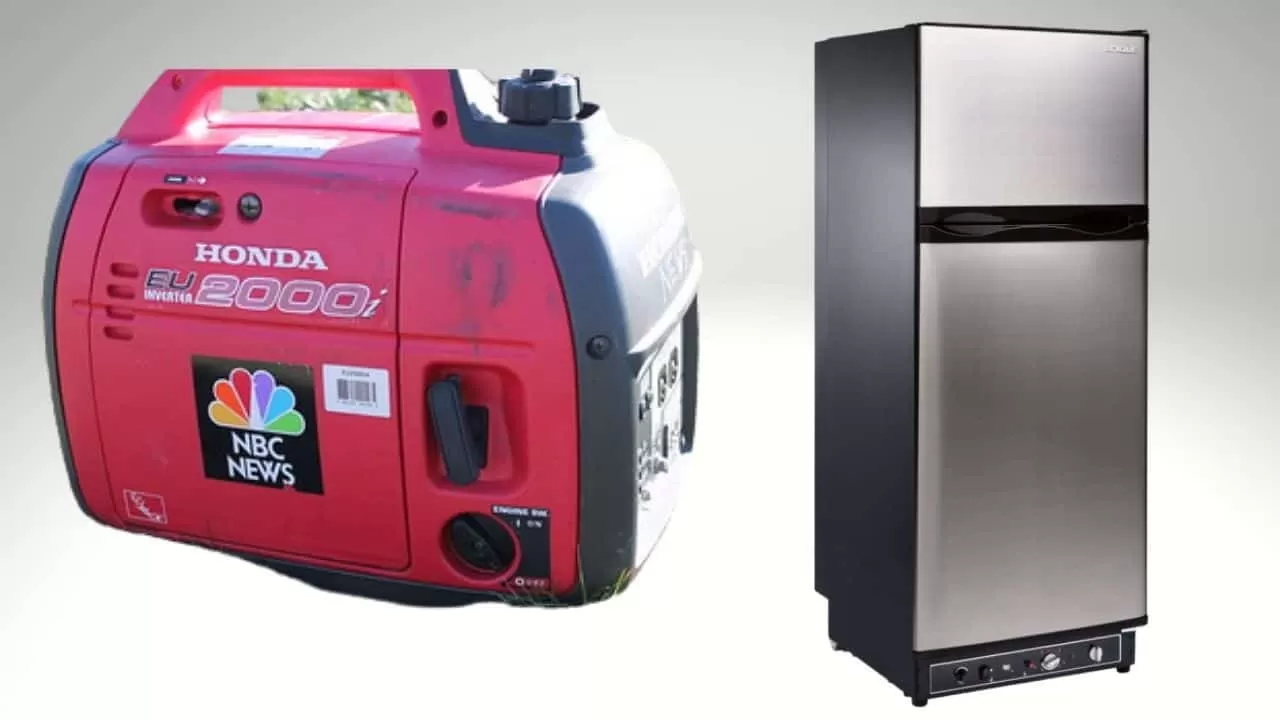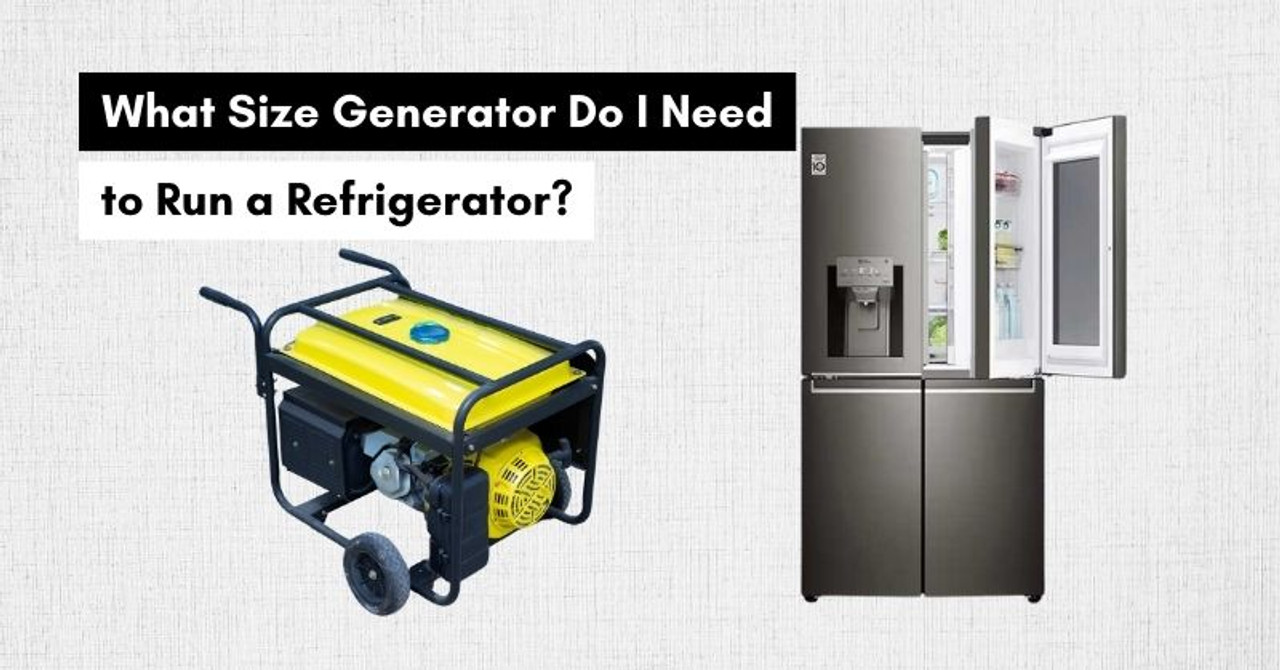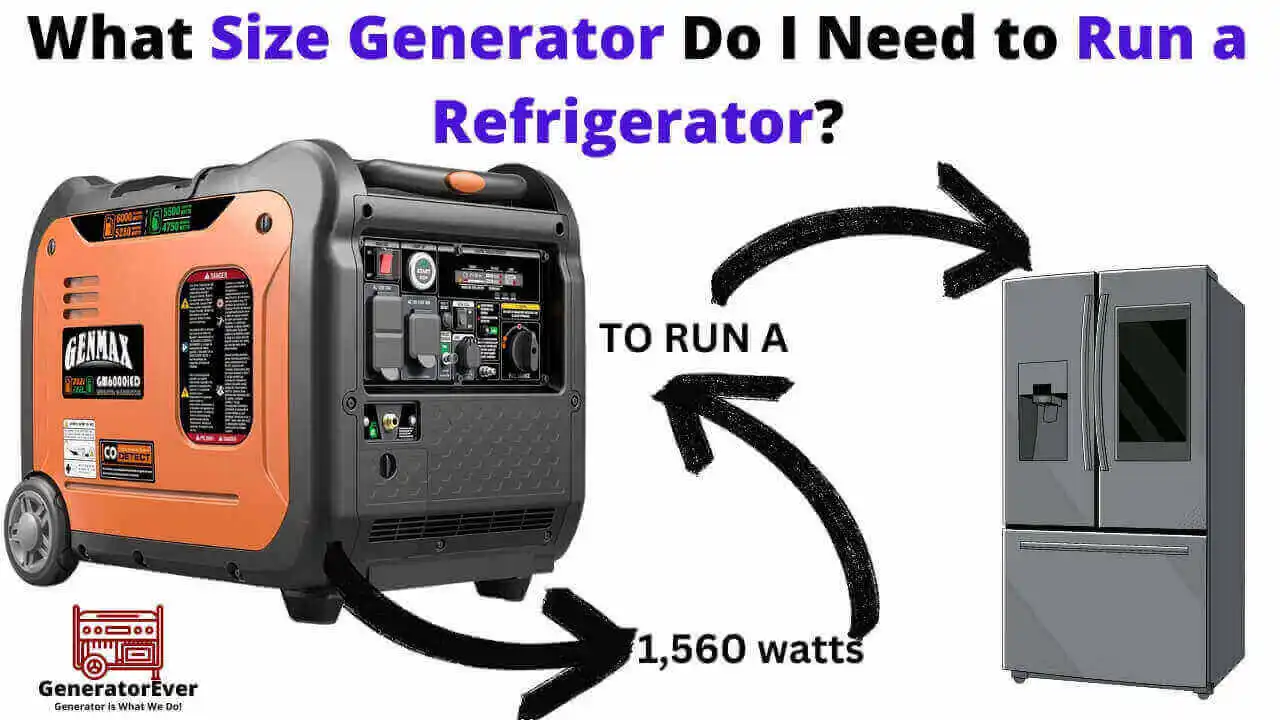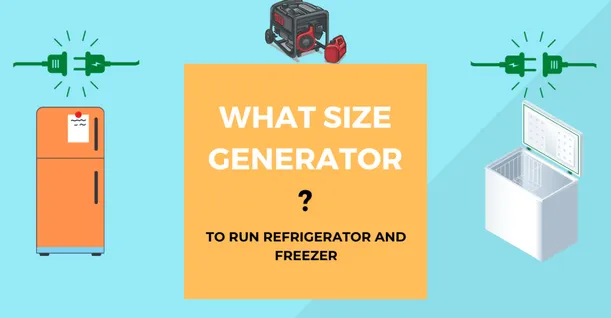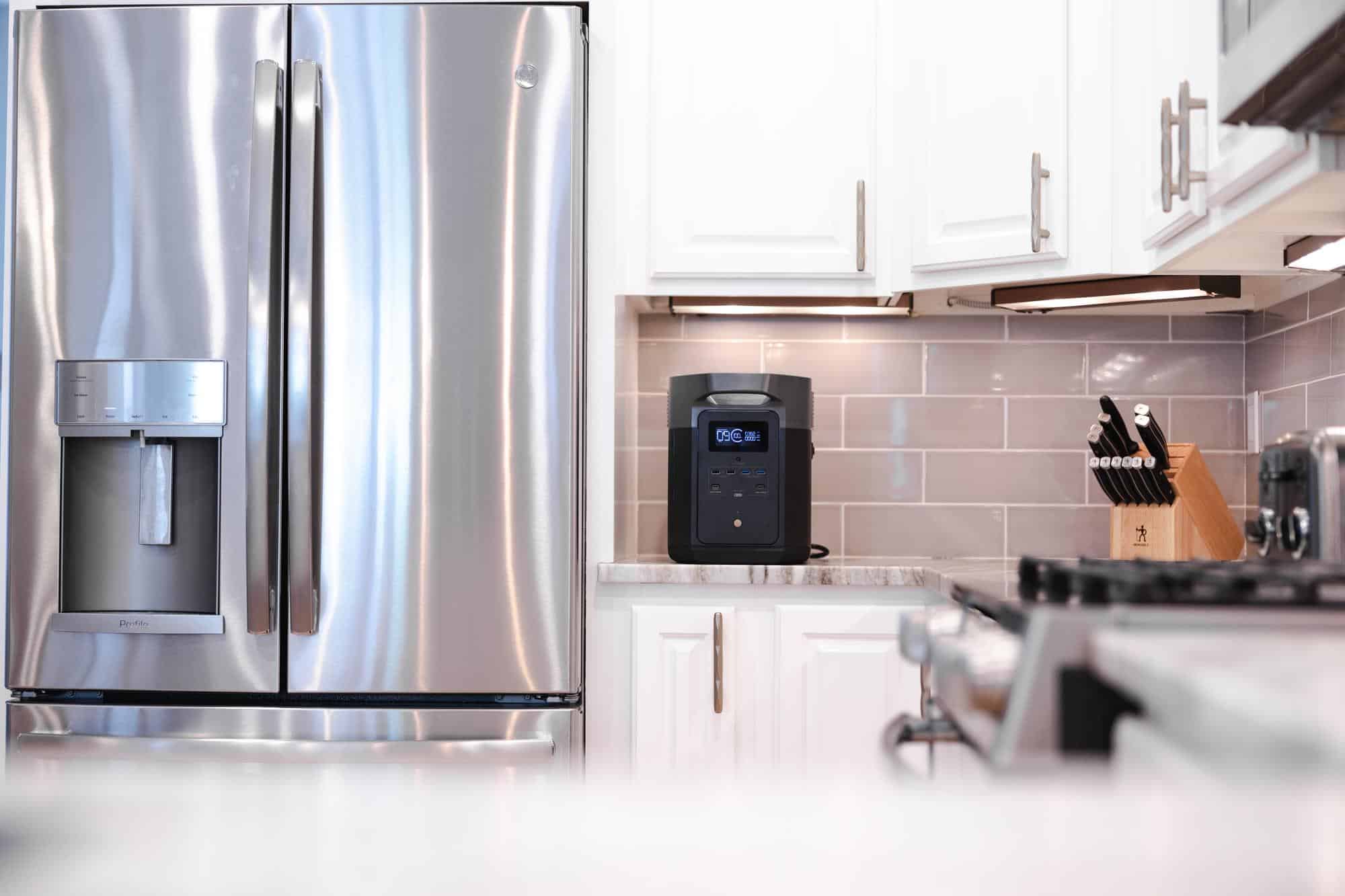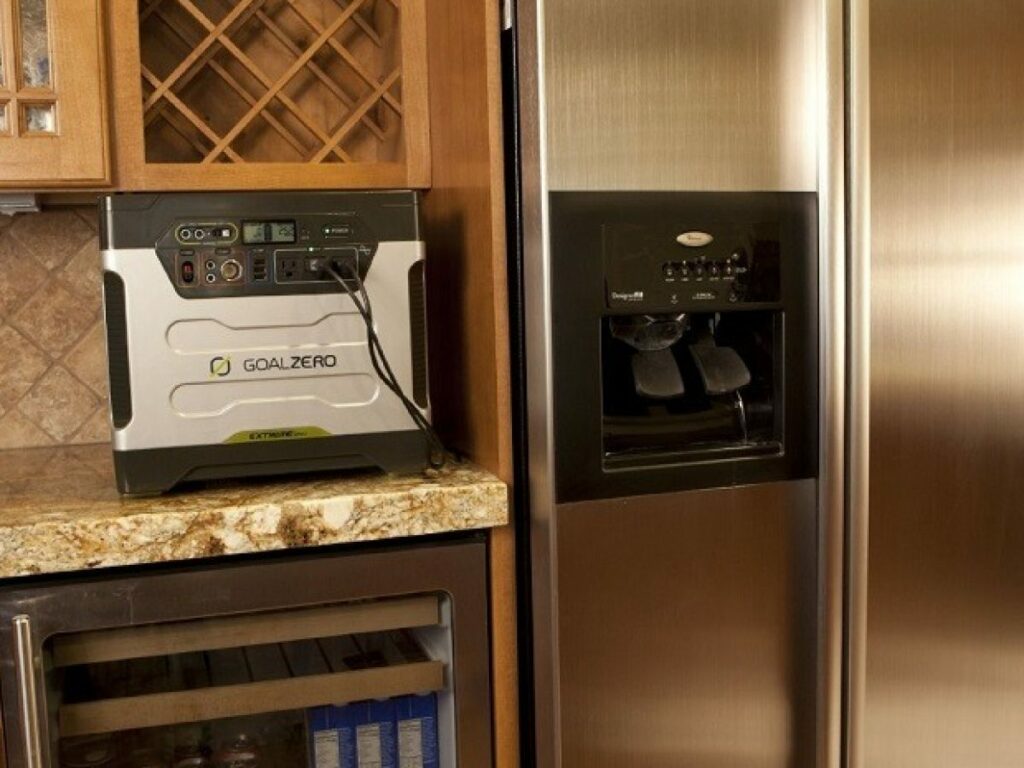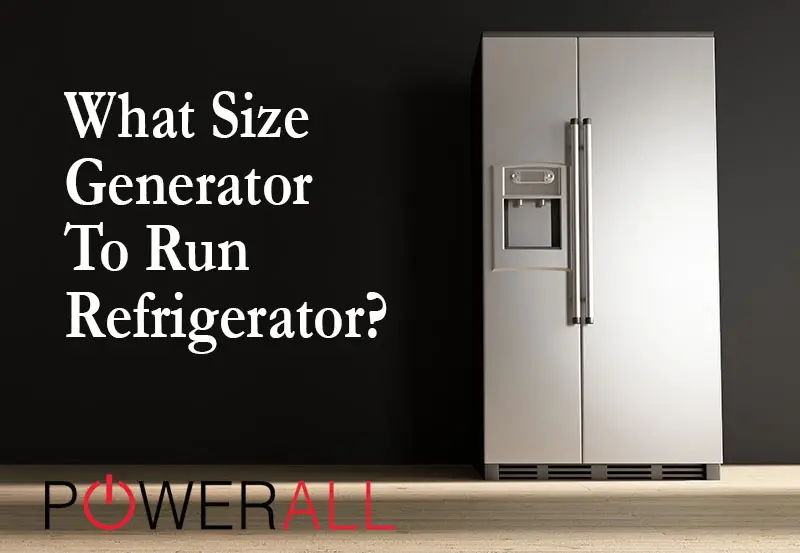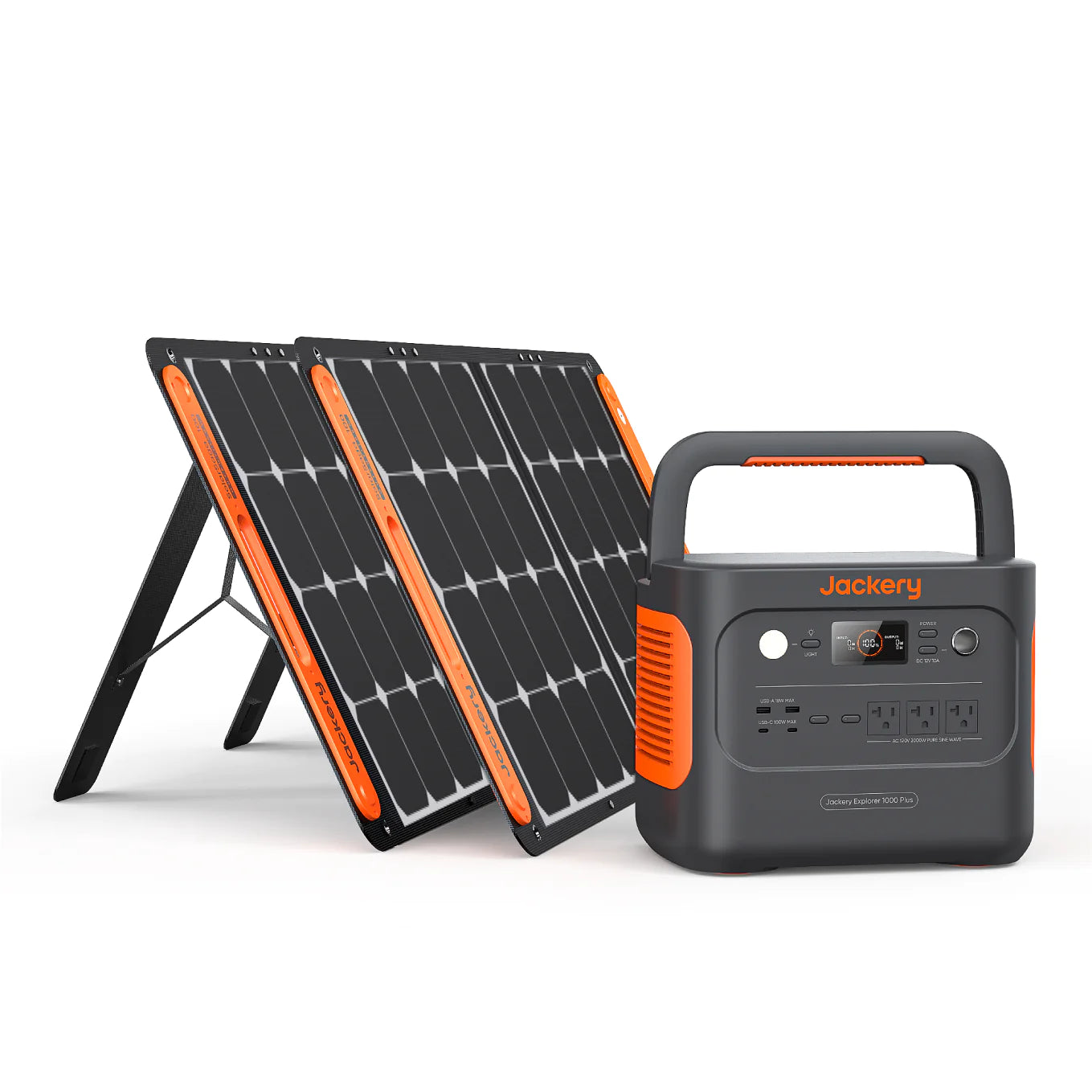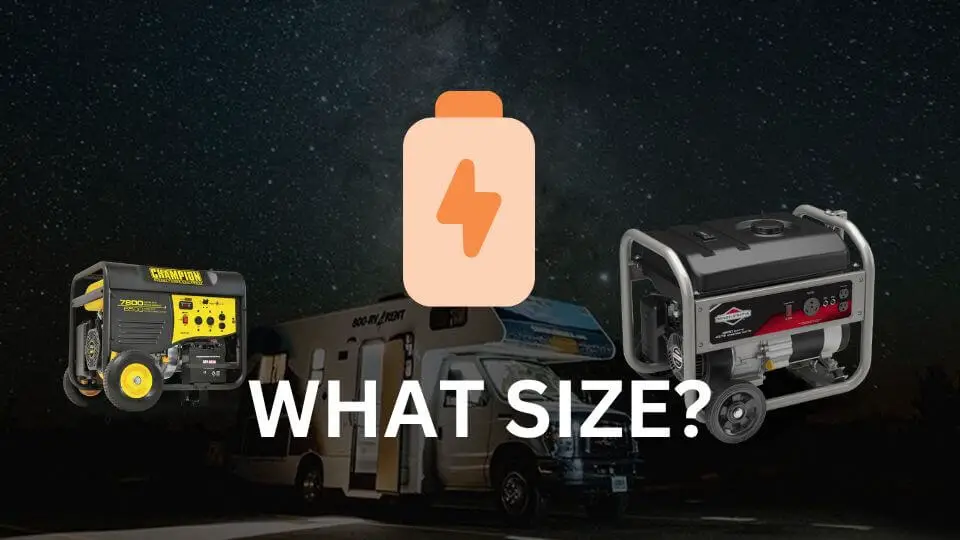What Size Generator Will Run A Refrigerator

Power outages are spiking nationwide, leaving homeowners scrambling. Determining the right generator size to keep essential appliances like refrigerators running is now critical.
This guide cuts through the confusion, providing homeowners with the essential information needed to select a generator capable of powering their refrigerator during an emergency, preventing food spoilage and minimizing disruption.
Understanding Refrigerator Power Needs
The power requirements for a refrigerator aren't constant. A refrigerator's wattage is divided into two categories: starting wattage and running wattage.
Starting wattage is the surge of power a refrigerator needs when the compressor initially kicks on. Running wattage is the power needed to keep it running after the initial surge.
Typically, a refrigerator's running wattage falls between 100 and 200 watts. However, the starting wattage can be significantly higher, often ranging from 600 to 2200 watts.
Generator Sizing: The Key Considerations
Choosing the right generator hinges on accommodating both starting and running wattage. Ignoring the starting wattage is a common mistake that leads to generator overload and appliance failure.
Here's how to calculate the minimum generator size needed for a refrigerator:
Step 1: Find Your Refrigerator's Wattage
Locate the refrigerator's wattage information. This information is usually found on a sticker on the back or inside the refrigerator.
The sticker may list both running and starting wattage, or just running wattage and amperage. If only amperage is listed, multiply the amperage by 120 (volts) to estimate the running wattage.
Step 2: Account for Starting Wattage Surge
Assume the starting wattage is at least three times the running wattage. This is a conservative estimate that helps ensure the generator won't be overloaded.
If the running wattage is 150 watts, estimate a starting wattage of 450 watts.
Step 3: Factor in Other Appliances (Optional)
Consider if you plan to run any other appliances simultaneously. Add the running wattage of those appliances to the refrigerator's starting wattage to determine the total wattage needed.
Example: Refrigerator starting wattage (450 watts) + lamp (60 watts) + phone charger (10 watts) = 520 watts total.
Recommended Generator Sizes
Based on the wattage calculations, here are general generator size recommendations:
Small Refrigerators (Apartment-Sized): A 1000-watt generator will typically suffice for a small refrigerator, providing ample power for the starting surge and continuous operation.
Standard Refrigerators: A 2000-watt generator is a safer bet for standard-sized refrigerators. This provides more headroom for the starting wattage and allows for the operation of a few other small appliances.
Large Refrigerators (Side-by-Side, French Door): Consider a 3000-watt or larger generator for larger refrigerators. These models often have higher starting wattage requirements.
Inverter vs. Conventional Generators
Inverter generators offer cleaner power and are often quieter than conventional generators. They are generally more expensive but are preferable for sensitive electronics.
Conventional generators are typically more affordable and provide sufficient power for refrigerators and other common appliances. However, their power output may fluctuate more.
Safety First: Essential Generator Operation Guidelines
Never operate a generator indoors or in enclosed spaces. Carbon monoxide poisoning is a serious risk. Always operate the generator outdoors in a well-ventilated area.
Use heavy-duty extension cords rated for outdoor use. Inspect cords for damage before each use.
Keep the generator dry and protected from the elements. Follow all manufacturer's instructions carefully.
Real-World Examples and Data
A recent survey by Consumer Reports found that generator malfunctions are often linked to undersized units. Many consumers underestimate the starting wattage requirements of their appliances.
The Department of Energy recommends consulting a qualified electrician for assistance in selecting the appropriate generator size, particularly for complex electrical systems.
During a 2023 power outage in Texas, a significant number of households experienced food spoilage due to inadequate generator capacity, highlighting the urgency of proper sizing.
Conclusion: Take Action Now
Don't wait for the next power outage to find out your generator is inadequate. Determine your refrigerator's wattage, calculate the appropriate generator size, and prioritize safety.
Consult an electrician or generator specialist for personalized recommendations. Investing in the right generator can protect your food, your family, and your peace of mind during emergencies.

